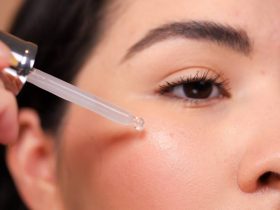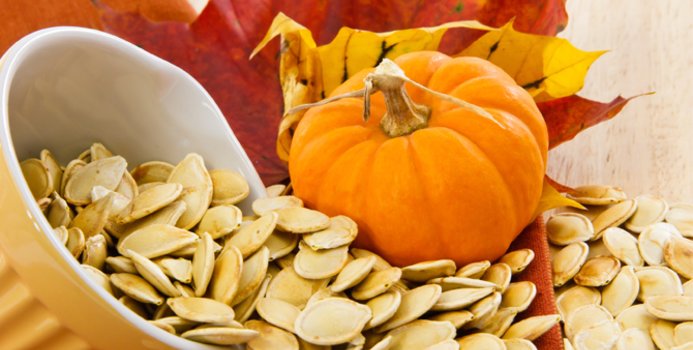
“Yes; According to different scientific studies, certain eating habits that provide specific macronutrients and micronutrients can improve the chances of a woman becoming pregnant, achieve a safer fetal evolution during pregnancy and decrease the chances of a spontaneous abortion ”, answers Dr. . Carmen Sala Salmerón
Specialist in the quality of life of women, in addition to being an obstetrician and pelvic floor expert at the Gine-3 Clinic in Barcelona, it would be essential for Carmen Sala that three preconditions were always established for a good pregnancy in that preconception stage, still more if the couple’s relationship occurs in a flowery and sunny spring: “Well-being, love and sexual desire.”
Under this influx of hormonal wealth, Dr. Carmen Sala Salmerón, a woman before being an obstetrician and gynecologist, mother of two other young gynecologists, Ariel and David, a vital partner of surgeon Carlos Amselem Amselem, Carlota’s grandmother, an animalist at heart … and of portfolio, disseminator and communicator of EFEsalud, offers us a brief summary of those foods that benefit fertility, also in cases of in vitro fertilization; nutrients that will result in a fruitful fetal development and iron health of the baby.
List of foods with a focus on fertility
Folic acid, which is substantially found in green leafy vegetables such as lettuce, chard or spinach, which among other things prevents damage to the neural tube, the origin of spina bifida, increases the quality of cells germ cells, that is, the oocytes.
Vitamin D, which helps the absorption of calcium, essential for bones, muscles, the nervous system and the immune system, also reduces the risk of miscarriage during the first trimester of pregnancy by 2.5% by systematically improving the ovary, the endometrium and placenta, favoring the correct implantation of the embryo in the uterus.
To the daily solar exhibition it would be necessary to add the yolk of the egg, the blue fish, the yogurt, the cheese or the nuts.
Carbohydrates from, for example, bread or pasta made with whole wheat flour, lentils, chickpeas, pumpkin or peas, stimulate fertility with iron and vitamin B.
“They are extremely important for women with hyperinsulinemia, type 2 diabetes, or polycystic ovary syndrome,” she says.
“Adequate levels of omega-3 fatty acids contribute to maintaining ovulation and the implantation of the embryo. “They not only increase the rate of pregnancies, but also the rate of newborns and, in addition, it influences the better development of the human brain,” she highlights.
Sardines, salmon, cauliflower, Brussels sprouts, walnuts, and soybeans are also a good preconception recommendation.
Probiotics have been shown to correct changes in the vaginal microbiome population, which in turn cause certain imbalances in the uterine microbiome, a situation that can affect the implantation of the embryo. Furthermore, the lactobacillus bacteria, essential in the intestinal flora, must be dominant in these areas of the female reproductive body.
“On the other hand, soy milk, now that the casuistry shows that the number of people who say they are intolerant to cow’s milk has increased, should be taken with caution, since this type of preparation contains many phytoestrogens -isoflavones, which act at the of estrogen receptors, and reproduction may be altered, in this case due to excess hormones ”, he points out.
In addition, certain fish, such as mackerel, tuna or swordfish, may contain a high level of mercury, a chemical element that is not suitable for women who are going to become pregnant. “Your ovarian function could be altered and your fertility reduced,” adds the gynecologist.
As the age of the woman advances, her fertility percentage decreases, so it is a priority to establish in the diet a healthy, varied and balanced diet, rich in fruit, which helps her reproductive system not to deteriorate more than is natural, such as This is what happens when we drink alcohol, overindulge in coffee, or our body becomes a container of saturated fat.









